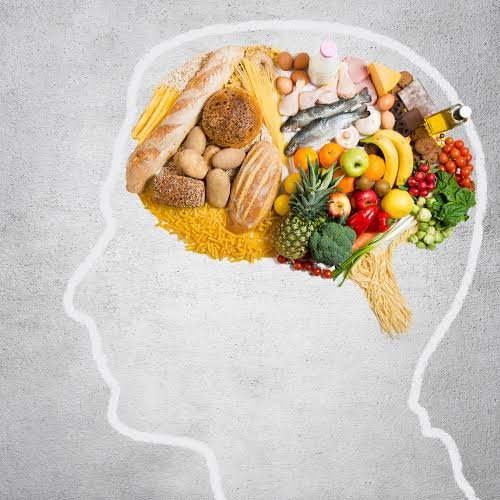Career Tour (1) : NUTRITIONAL PSYCHIATRY
Nutritional Psychiatry, the connection between food and mood.
As the saying goes, "you are what you eat". Science also believes and shows that healthy diet may have an impact on mental health. This leads to what we call nutritional psychiatry.
Nutritional physchiatry is a growing discipline that focuses and specializes on the use of food and food supplements to provide essential nutrients as part of an integrated or alternative treatment for mental health disorder including anxiety, depression, attention deficit hyperactivity disorder (ADHD) and so on. Prior to the usage of antidepressants and undergoing therapies as treatment options - which have been found to have a stigma effect on patients, nutritional psychiatry has to come to provide an alternative way of dealing with depression without having to think about being stigmatized.
Poor mental health linked with nutritional deficiencies has long been recognized by nutritionist working in health sector. The brain and the digestive tract are the most important part of nutritional psychiatry; they links what we eat to how the brain functions through the vagus nerve.
Vagus nerve is the longest, most complex and tenth of thecranial nerves. It runs from the brain through the face and thorax to the abdomen.
A neurotransmitter called serotonin has been found to be involved in/control sleep and appetite, mediate moods and inhibit pains. 95% of serotonin is produced in the gut and its production depends highly on the number of beneficial bacteria living in the gut, hence the link between mood and food.
Tips on nutritional psychiatry:
Eat whole foods and avoid packaged or processed foods as much as you can.
Take an orange rather than drinking orange juice to avoid additives.
Eat more of vegetables, fruits, fishes, sea foods and a modest amount of meats and dairy.
Food supplements rich in zinc, magnesium, omega 3, vitamin B and D3 have a long term. effect on our mood.Eat foods rich in fiber.
Replace sugary desserts with a serving of fresh fruit and dark chocolate.
Pray to God to grant you good health. 😊
Prebiotics, which are soluble fibres that help to stimulate growth and activities of the bacteria (probiotics) in the gut are also an essential part of nutritional psychiatry. Prebiotics include onion, garlic, oats, bananas and legumes.
References:
- https://www.britannica.com
- http://theconversation.com/why-nutritional-psychiatry-is-the-future-of-mental-health-treatment-92545
- https://www.psychiatrictimes.com/depression/nutritional-psychiatry-gut-brain-connection
- https://www.health.harvard.edu/blog/nutritional-psychiatry-your-brain-on-food-201511168626
- https://www.ncbi.nlm.nih.gov/pmc/articles/PMC5360575/
- https://www.google.com/amp/s/theconversation.com/amp/why-nutritional-psychiatry-is-the-future-of-mental-health-treatment-92545
